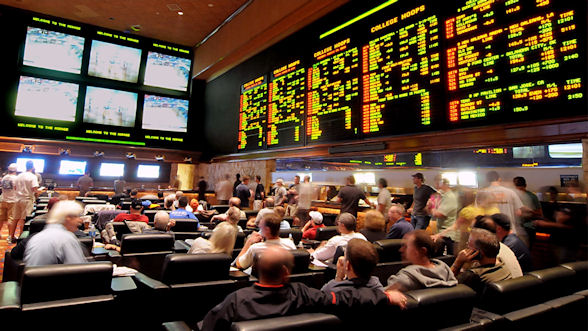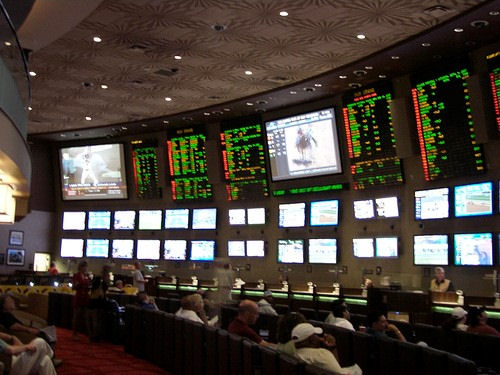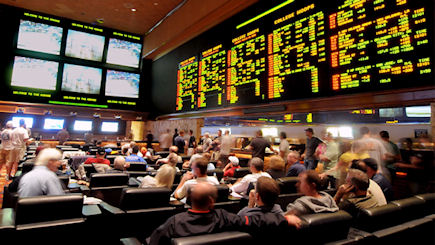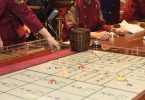The decision by the Gaming Inspection and Coordination Bureau (DICJ) to extend Macau Slot Co Ltd’s monopoly on sports betting in Macau to 5 June 2021 defies all logic.
More than that, it defies the government’s very own mandate of diversification.
As the world is now well aware, Macau is in the midst of an economic downturn which has now seen 24 consecutive months of declining year-on-year revenues on the back of Chinese President Xi Jinping’s renowned anti-graft campaign – launched to full effect in late 2013.

With gaming revenues down by a third in that time, the long-term solution being pushed by the Macau SAR Government has been the diversification of the city’s non-gaming offerings in order to boost tourism. They have even gone so far as to base the number of new to market gaming tables being offered to concessionaires for their new Cotai properties on how well they meet this non-gaming criteria.
But no amount of diversification will negate the importance of the casino industry to Macau’s economy. And if mass market visitors are what the government wants, then mass market visitors are who the government must serve. That’s where sports betting comes in.
In Las Vegas, where mass market customers have become the city’s lifeblood, sports betting has provided the gaming industry with a much-needed lift. Although still a relatively small piece of the gaming pie, wagering on sports in April 2016 reached US$292.3 million – a record for the month – with the US$13.5 million in revenue representing a 70 percent increase in April 2015. It also continued a run that has seen wagering on sports increase in 32 of the past 36 months.
Yet in Macau, where concessionaires are scrambling for any opportunity to boost gaming revenues, this seemingly simple solution has just been denied until at least 2021. Instead, under current regulations, anyone wanting to bet on sports in Macau is restricted to just two of them – football and basketball – and even then at only a few locations around town.

In the May 2016 issue of our sister publication Inside Asian Gaming, columnist and respected Macau lawyer Rui Pinto Proença addressed this very issue when he stated, “If you take a moment to look at the gaming offering in the world around us, you will soon realize that a lot has happened in the past few years. From Fantasy League to camel races in Alice Springs, you may now place bets on pretty much anything, at any time, from any possible device with internet access.
“All of this while SLOT, the local monopoly sports betting operator, is only allowed to offer the exact same products it was authorized to offer 15 years ago … While other jurisdictions are adding skill-based games to their casino floors in order to attract video-game savvy millennials, Macau is stuck with the classic, and not always consensual, game of chance.
“Yes, maybe the house take in these games is not as high as good old baccarat. But does that young Asian middle-class visitor, drawn in to see an expensive world-class show, want to sit at that crowded table? Isn’t this the kind of tourist Macau would like to see more often? And if so then don’t we have to make sure he or she is having a good time both on and off the gaming floor?”
That’s the problem with allowing this already limited monopoly on sports betting in Macau to continue – it goes against the very definition of diversification. And it paints the concessionaires into an unnecessary corner.
After all, it’s one thing to turn Macau’s gaming focus towards mass market customers but quite another to then deny those customers the games they are most likely to play.







